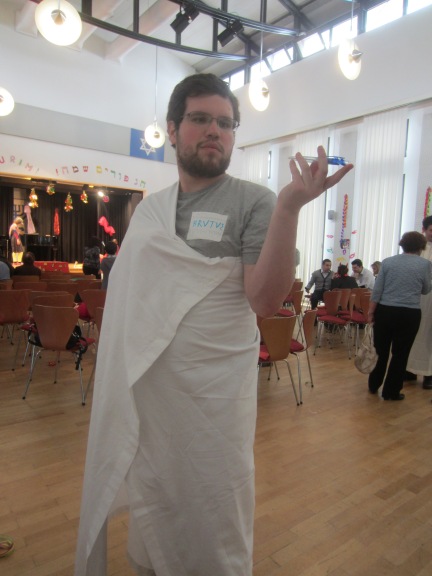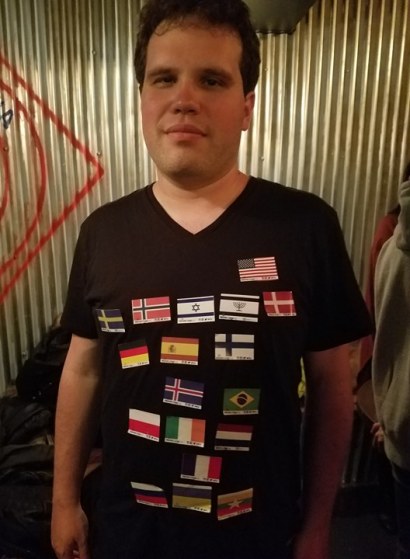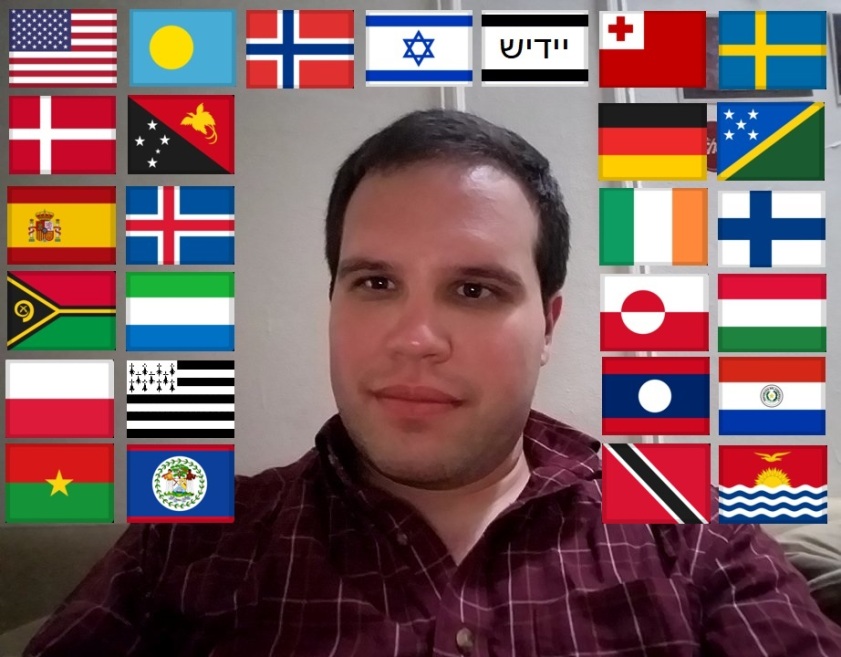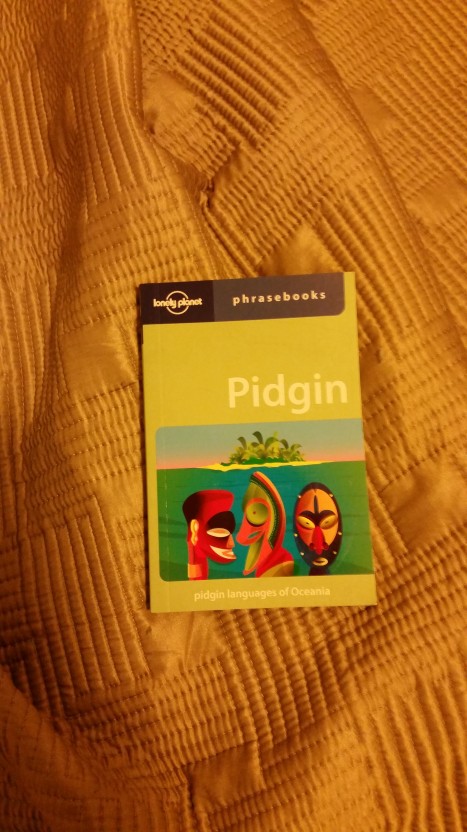Beware the Ides of March!

Today’s topic is an interesting one that I’m surprised hasn’t been touched on in almost any language-learning blog I’ve encountered.
For many years I’ve heard comments like these:
“(Speaker’s native language) is the most useless language in existence”
“(Speaker’s native language) is only useful 0.1% of the time.”
“I suppose there are a lot better things to do with your time (rather than study my native language)”
“Why the fuck do you want to learn (speaker’s native language)?”
“I think my native language is boring”
“I would trade my native language for…”
I should mention two things:
- I’ve been guilty of this myself. Part of me wishes that English wasn’t my native language. That was literally the second blog post I ever wrote about on this blog, actually!
- Almost all of the people who made comments like these were westerners (although I’ve heard some people from Asia or the Americas do the same, too—but not as frequently. From Africa and the Pacific, not to date).
Before I continue I’m going to say that I do NOT include people who actively dislike their language due to trauma. (e.g. “my grandmother was a native German speaker from Nazi Germany and after she left she refused to speak German ever again”. Disclaimer: this describes neither of my grandmothers). That’s beyond the scope of what I feel qualified to talk about, and in the event you DO encounter someone like that, avoid that language altogether without questions. End of story.
But as far as ordinary people who somehow feel that they could trade their native language (or one of their native languages) for another one, there are some things that I’ve noticed.
- Sometimes they just say that in order to get you to validate their native language.
YES. This has happened to me. Enough for me to write about it.
Only yesterday was I in a Talmud class and we had a discussion about the fact that, according to Jewish law, prospective converts have to be refused three times (in order to show that they are genuinely serious about becoming Jewish, regardless of what liabilities it may bring them in the future).
Sometimes someone who says “why bother learning (my language) if so few people speak it / everyone in my country speaks English anyhow / it’s ‘useless’” may actually want you to justify your decision passionately. Or they may actually want to hear your story in detail but don’t want to ask directly.
The more fluent you are in a language, the LESS this will happen, especially if your accent is good.
There’s a reason for that, actually. Because if you speak it well enough, it shows that you’ve had a good enough reason to invest a lot of time into it, so your reason will almost CERTAINLY not be within the realm of questioning (e.g. having done business there, married to or dating a native speaker, etc.)
- If they use ANY amount of the language with you at all beyond basic greetings, they really DON’T hate their native language. Especially if they show telltale signs of enchantment.
If they did (and yes, I have encountered a handful of cases in which they did), they wouldn’t smile if you speak their language, they would instead appear disgusted and a tad confused. They wouldn’t be continuing the conversation in the “useless language” and playing along with you with smiles as they do it.
This is the case with me and English. I may have extremely conflicted opinions about American English, but if someone wants to learn it from me, I’ll usually play along rather than act frustrated (especially if someone really needs help with his or her English). Because whether I like it or not, American-ness is a part of who I am (in addition to my other identities).
- Sometimes this attitude can reflect a certain sense of jealousy (that we ALL have) about speakers of certain languages.
I’m hugely jealous of Greenlandic native speakers. I make no secret of that fact. (It still remains the hardest language I’ve ever attempted to learn, bar none, to the degree that if someone lists a major language as the hardest to learn, I’m secretly scoffing on the inside.)
Throughout Europe I’ve met many people who view American English native speakers as lottery winners and view them with a certain sort of jealousy that they can’t hide. And yes, you will make friends JUST by virtue of that fact alone, especially with people who feel that they need the conversational practice or even knowledge about American culture (this is true no matter WHAT your native language is, actually! Someone out there is looking for you! This can also be the case if you’re a fluent speaker of a language, even non-natively).
My knowledge of whatever native languages I can’t have and I can’t catch up with will almost certainly never be on the level of a native speaker. But I can try and keep learning. And if it is of any comfort to you, my knowledge of other English-speaking cultures and their idioms are also going to be out of reach in terms of “perfection” as well.
But you don’t need to be a native speaker to be good. Far from it, in fact.
- Unless someone brings up a traumatic incident or shows signs of vexation, do NOT take “I hate my native language / I think it’s useless” comments seriously.
And there also is a chance that you just MIGHT need to get better at their language in order to get them to warm up to you!
One last thing: you can actually use this to your advantage to keep conversations in your target language (which I’ve noticed is becoming less and less of an issue the more experienced I get. It was a noteworthy issue back in 2014 and is almost NOTHING now, but we’ll see how Austria and Slovakia fare later this year on that front). Benny Lewis famously would bring up his English-language Catholic school experiences in order to guilt people away from using English with him in places like Spain. I’ve never had to go to that length but I’m certainly willing to describe the darker sides of my American experience (which I won’t go into right now).
Agree? Disagree? Let me know!





